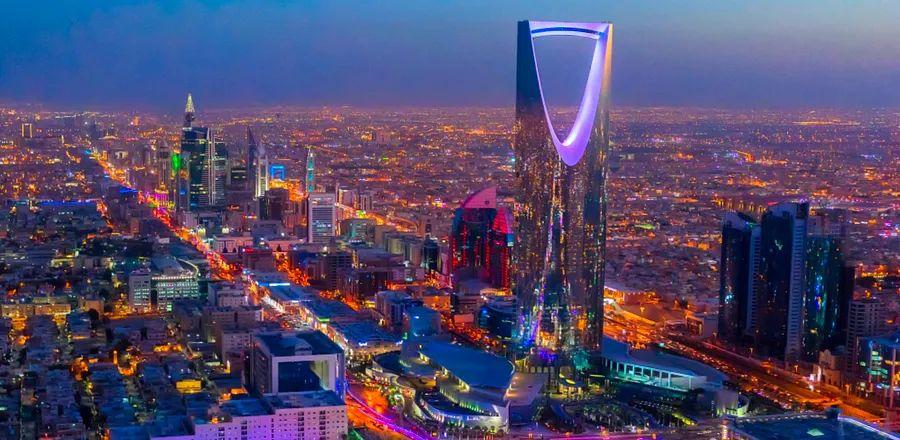A new visa process significantly simplifies travel to Saudi Arabia.

Saudi Arabia has recently streamlined its visa procedures, enabling travelers to access the Middle Eastern kingdom more efficiently.
Starting September 1, citizens from the U.S., EU, and UK can now obtain a 12-month visa on arrival, eliminating the need for a prior eVisa application.
The government indicated that these updated requirements aim to enhance the travel experience by simplifying the visitor journey.
These new visa regulations are part of Saudi Arabia’s broader strategy to diversify its economy away from oil dependence, with plans to attract more tourists in alignment with the Vision 2030 economic framework, which anticipates $1 trillion in tourism investments over the next decade.
In September 2019, the Middle Eastern kingdom began granting its first visas to foreign visitors from 49 countries, including the U.S., Canada, much of Europe, and China, allowing stays of up to three months. Prior to this, entry was restricted to business travelers, expatriates, and Muslims on pilgrimages to Mecca.
Visas on arrival are priced at 300 Saudi riyals (approximately $80). There is also a health insurance fee, though details about it remain unclear.
Non-Muslim visitors are still barred from entering the holy cities of Mecca and Medina, but Jeddah, a coastal city on the Red Sea, is an alternative. It features four mosques that welcome non-Muslim entry: Al Rahma, Al Taqwa, King Fahd, and King Saud mosques.
Despite the new visa policies increasing accessibility, many traditional elements of the kingdom persist. Alcohol remains prohibited, and travelers should be prepared for many businesses to close during the five daily calls to prayer, which vary throughout the year based on sunrise and sunset.
Moreover, gender inequality is still a concern—while women are not required to wear the traditional abaya, they must dress in loose clothing that covers their shoulders and knees, as outlined by the Saudi Arabia Public Decorum Charter. LGBTQ+ individuals face numerous legal restrictions that hinder their ability to live openly, as homosexual acts and relationships are criminalized.
This reporting was contributed by Lyndsey Matthews.
Evaluation :
5/5



